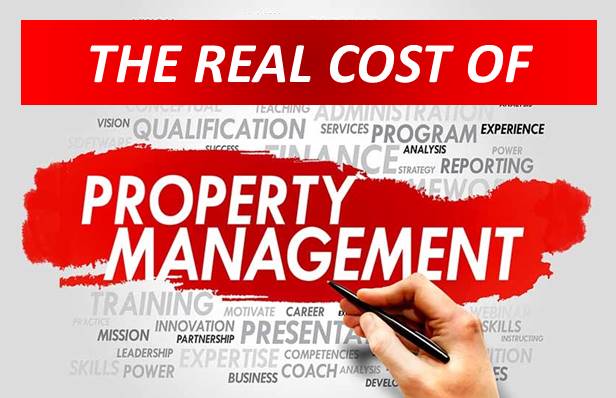Ask any property investor what they wish they’d known at the outset and you’ll likely receive the same response: “I wish someone had told me about all the unexpected costs.” For first-timers, these unanticipated fees and expenses can turn what seems like a safe and straight-forward investment into a major headache. That’s why it pays to invest with your eyes wide open.

Fix and fix again
According to a 2017 report by BIS Oxford Economics, one of Australia’s leading economic-research and forecasting firms, the single biggest expense that investors face when renting out their properties is maintenance and repairs. Everyday repairs on a rental house cost an average of $2,661 per year, while repairs on a rental unit cost $1,677. But these figures can vary widely.
‘A decent-sized repair or maintenance issue may not come up every year, but if it does, investors can be taken by surprise to the tune of several thousand dollars,’ says Angie Zigomanis, Associate Director of Residential Property at BIS Oxford.
Vacant lots
One way to minimise maintenance and repair costs is to lease your property to mature and conscientious tenants. But sometimes even the best renters vacate the premises, and Zigomanis says many first-time investors don’t realise how much this can cost. In addition to losing about 2% of your gross annual rental income for each week your property sits vacant, you’re liable to pay the various fees associated with readvertising and reletting.
‘From a balance-sheet perspective, maintaining continuous rental income has become even more important recently because we’re in the declining phase of the property cycle,’ says Zigomanis.
‘Parts of Sydney, Melbourne, Darwin and Perth have seen temporary price declines of 10 per cent. For someone who’s put down a 10 per cent deposit on a house, all their equity in that property could now be gone. That makes sustaining rental income all the more important, because if you can’t service your mortgage during the downward part of the cycle, you might have to sell at a loss.’
The admin angle
A less tangible cost that many investors overlook is the amount of administration involved in owning an investment property. Even with an efficient real estate agent managing the property, an investor needs to sign off on maintenance, approve new tenants and stay informed about issues such as strata regulations.
According to BIS Oxford, this “hassle” time costs investors almost $500 a year based on the Australian average full-time hourly wage. Even the shrewdest property investors can find themselves racking up significant bills each year if they invest the conventional way.
The DHA difference
Purchasing an investment property through Defence Housing Australia, a trusted organisation which has the backing of the federal government, is one alternative.
The benefits of investing with DHA are myriad. DHA both finds and manages tenants (who are all members of the Defence Forces); if your tenant vacates the property, rent is still paid until a new tenant is found; and there’s an all-inclusive management and maintenance fee.
In essence, it makes property investment simple. “A big hidden benefit is how much time it this saves you,” says DHA’s chief economist and head of sales and portfolio management, Dan Carton. ‘You don’t have to allocate time and effort to the property, whether that’s vetting new tenants or approving repairs.’
You’ll even save money: according to a report by BIS Oxford Economics, DHA’s all-inclusive management fee can save investors $3,913 a year on a detached house and $3,269 a year on an apartment. That’s enough to cure even the worst headache.
Disclaimer: Investment is subject to DHA’s lease terms and conditions of sale. Investors retain some responsibilities and risks, i.e. rent, make-good and market fluctuations. Prospective investors should seek independent advice. See dha.gov.au/lookforward for relevant information. Whether or not a DHA property is suitable for purchase through your SMSF will depend on the SMSF’s investment strategy and the circumstances of the purchase. Rent may be subject to abatement in limited circumstances. Rental floor applies to DHA properties leased under DHA’s Lease Edition 6C, which will not cover all DHA properties.
Disclaimer: while due care is taken, the viewpoints expressed by contributors do not necessarily reflect the opinions of Your Investment Property.
